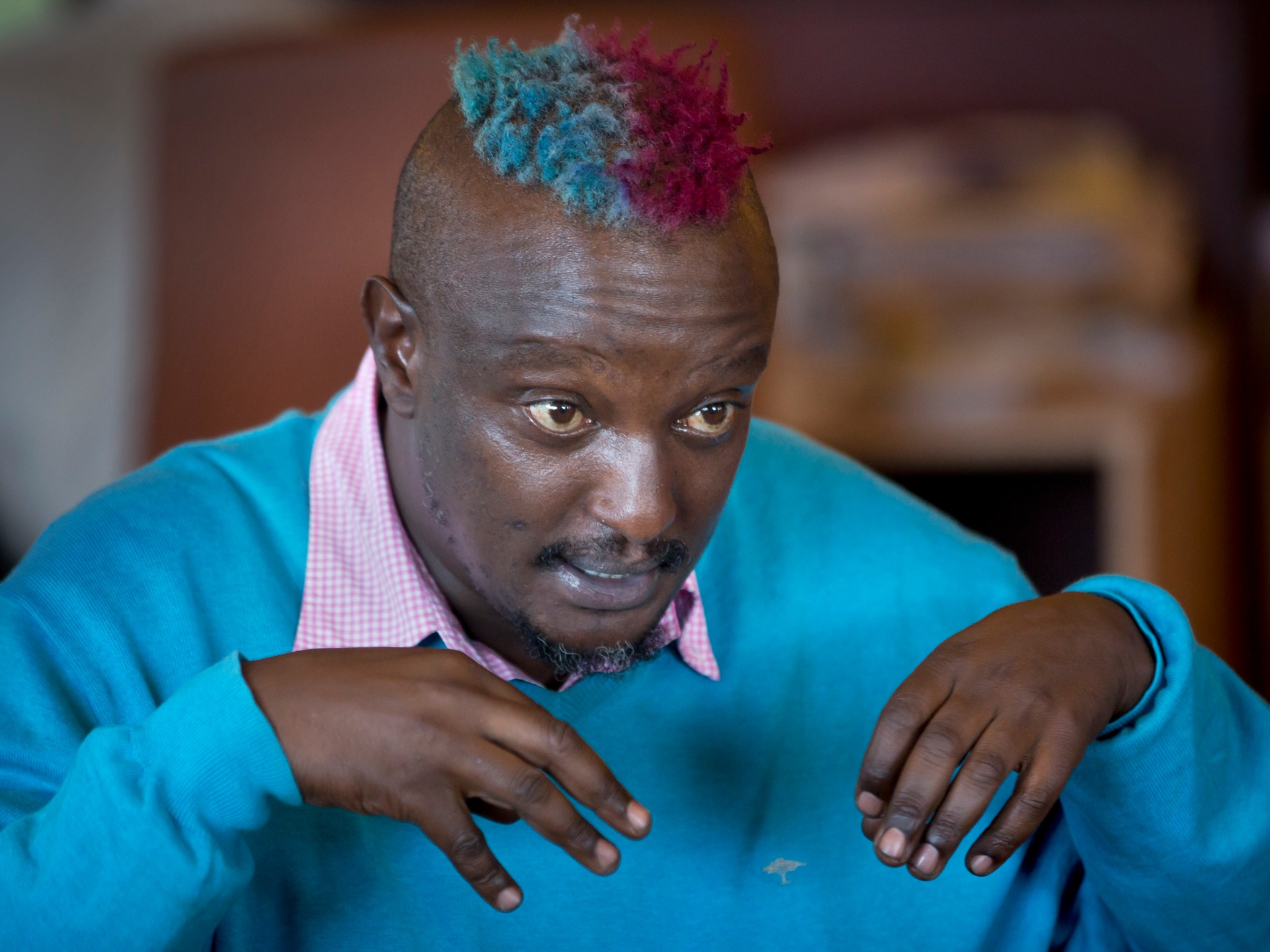On Wednesday, October 29 at 19:30 GMT:
Three years after his death, Kenyan literary icon Binyavanga Wainana continues to challenge stereotypes and prejudice about Africa through his writings. Wainana, who died in 2019 at age 48 after a short illness, first gained notoriety when his autobiographical novella “Discovering Home” was awarded the 2002 Caine Prize. He is also lauded for his 2012 memoir, “One Day I Will Write About This Place.”
But his most well-known work is the 2005 “How to Write About Africa,” which was re-published last month by Hamish Hamilton. The satirical collection of essays skewers Western media coverage of African issues, reminding readers that the story of the continent is not a singular one – a message that continues to resonate today. Wainaina makes his point with sarcasm:
“In your text, treat Africa as if it were one country. It is hot and dusty with rolling grasslands and huge herds of animals and tall, thin people who are starving. Or it is hot and steamy with very short people who eat primates. Don’t get bogged down with precise descriptions. Africa is big: 54 countries, 900 million people who are too busy starving and dying and warring and emigrating to read your book.”
In 2014, Wainaina made waves again after publishing a “lost chapter” from his memoir in which he came out as a gay man. In an essay called “I am a homosexual, mum,” he imagined telling his late mother on her deathbed about his struggles with his identity. That same year, Wainaina was named one of Time magazine’s “100 most influential people in the world” for his LGBT activism amid Kenya’s crackdown on homosexuality.
In this episode of The Stream, we’ll discuss Wainana’s trail-blazing life, LGBT activism and literary legacy.
In this episode, we are joined by:
Melissa Muthoni Wainaina, @sikilizaspeaks
Writer/Activist and sister of Binyavanga Wainana
Achal Prabhala
Editor, How to Write About Africa
Yvonne Owuor, @AdhiamboKE
Writer
